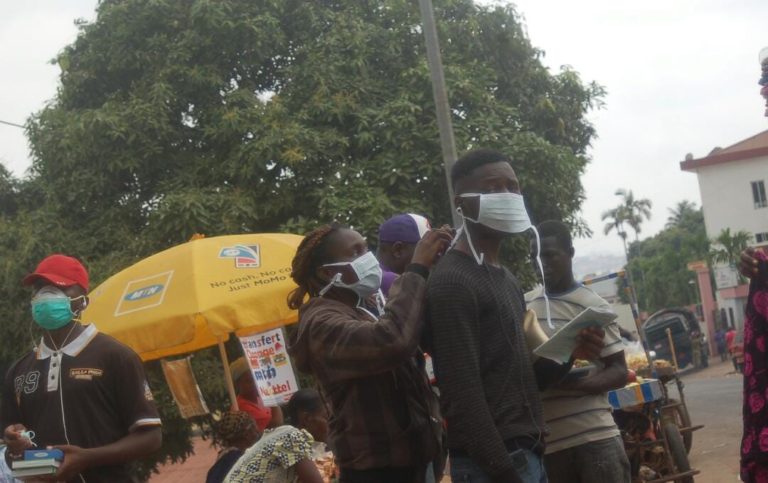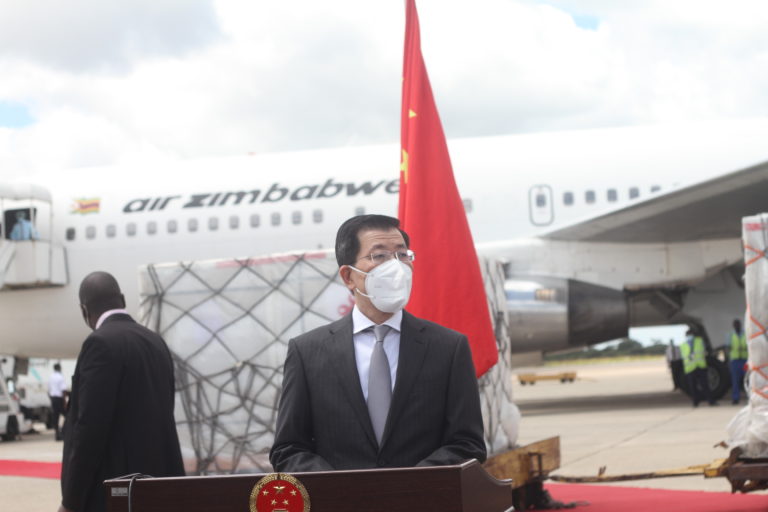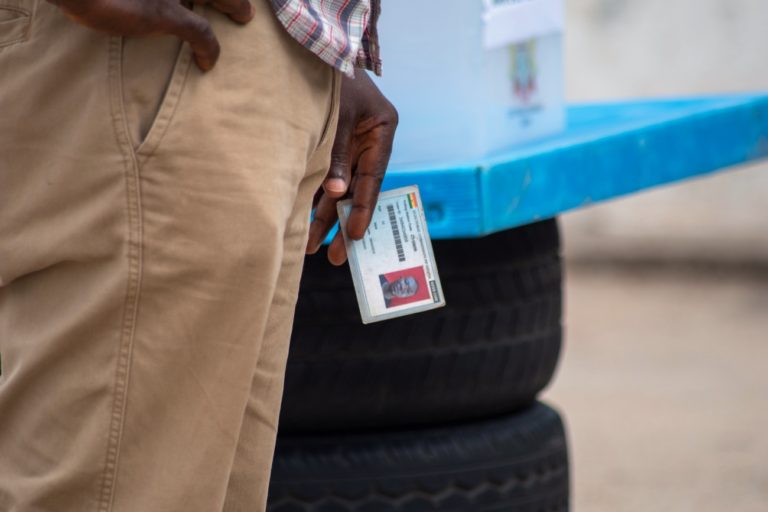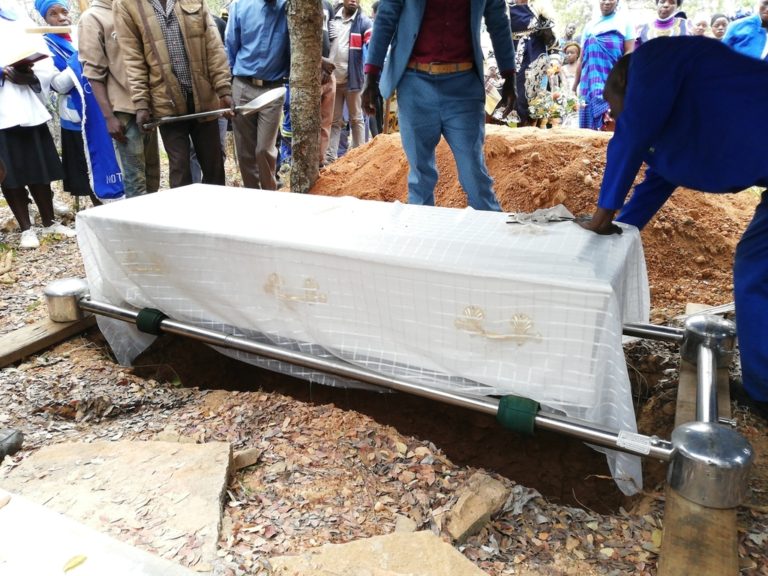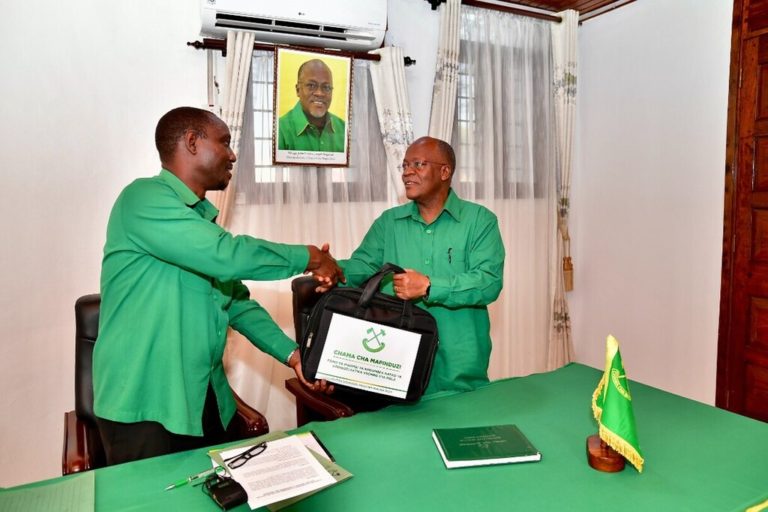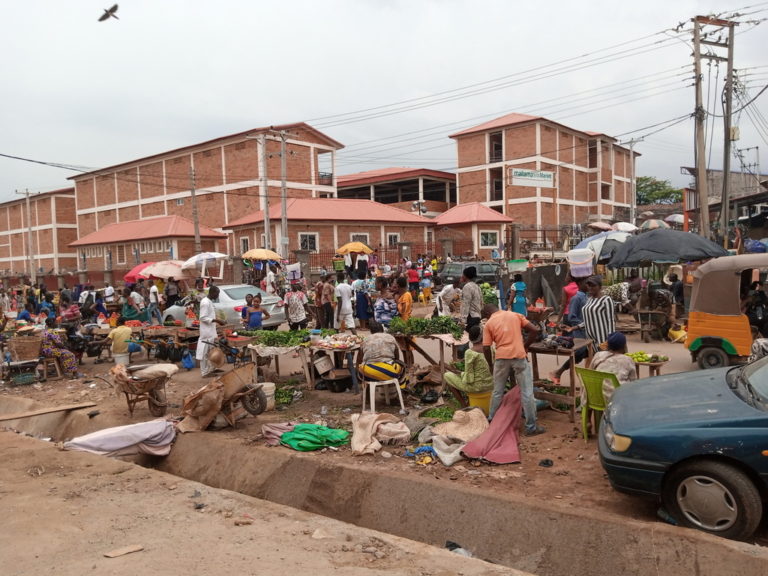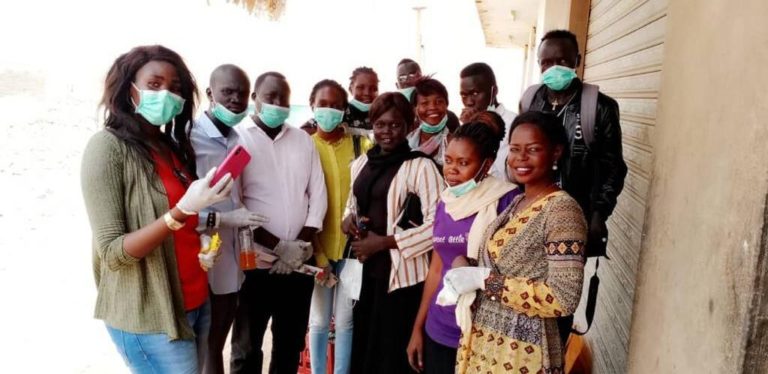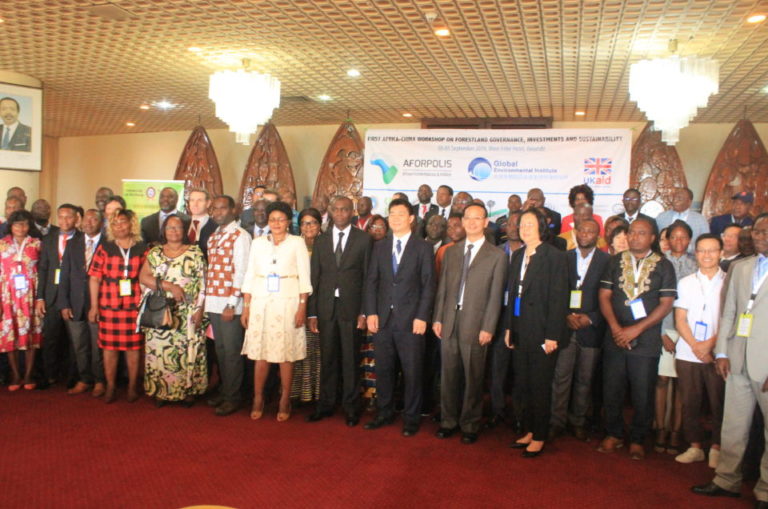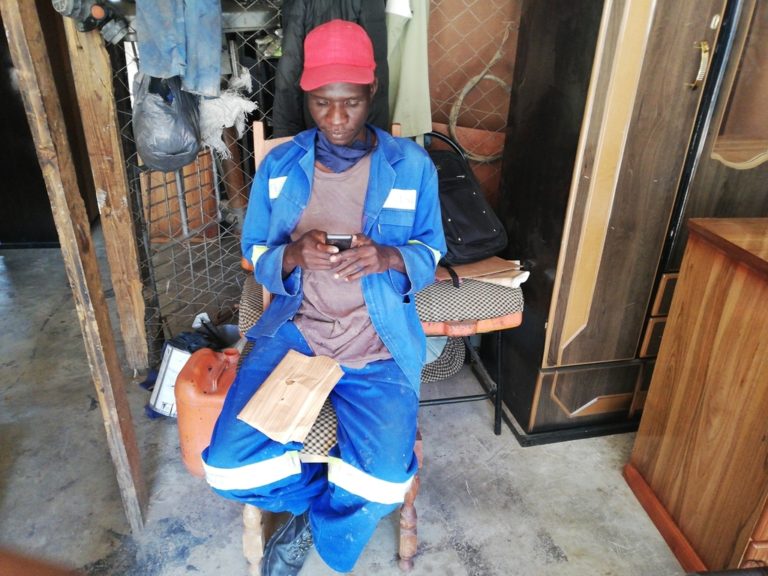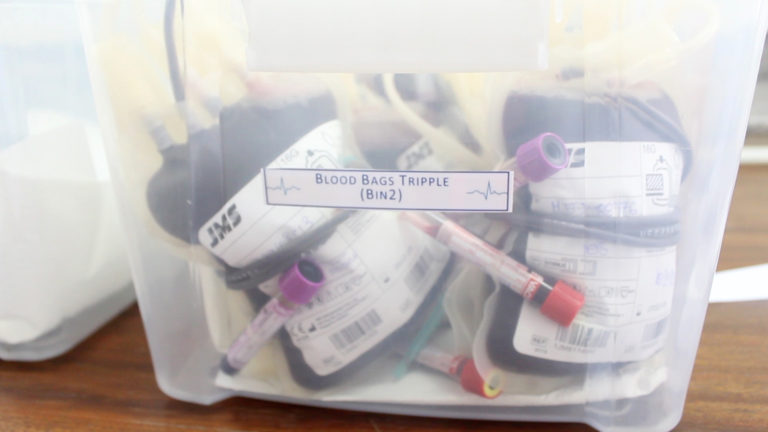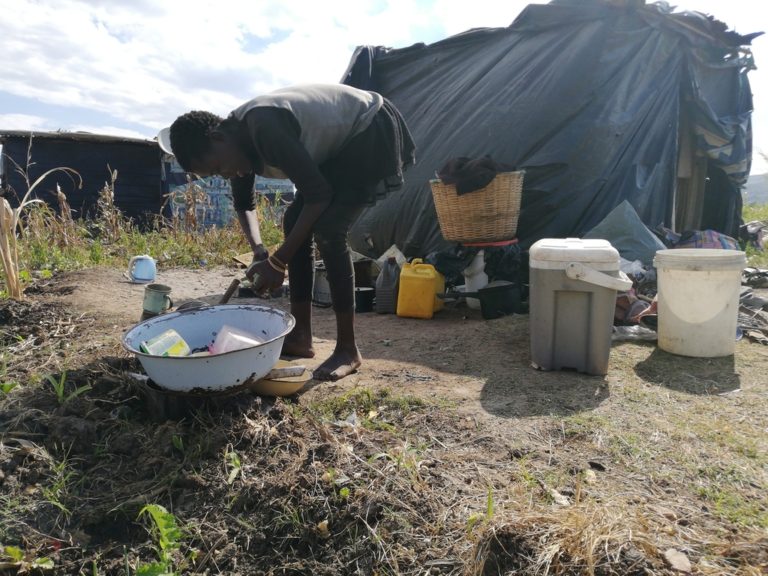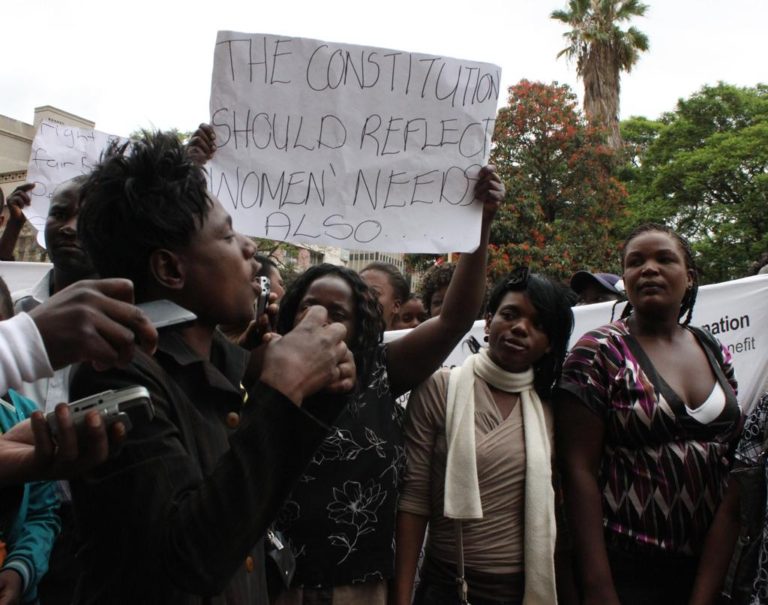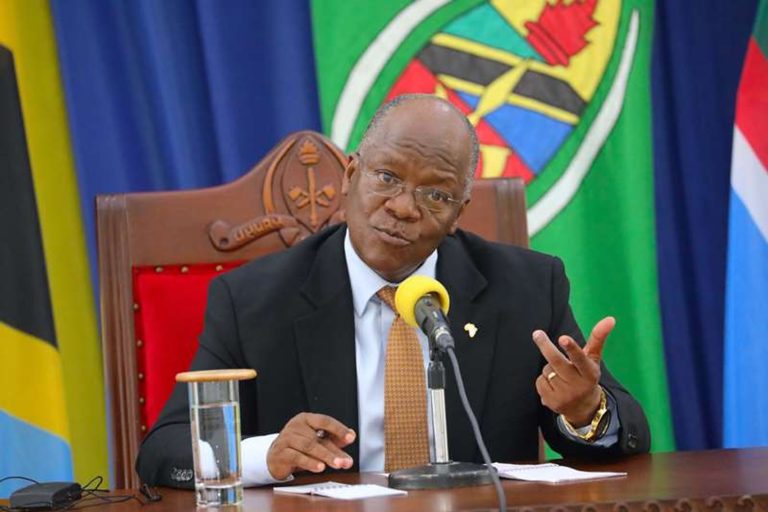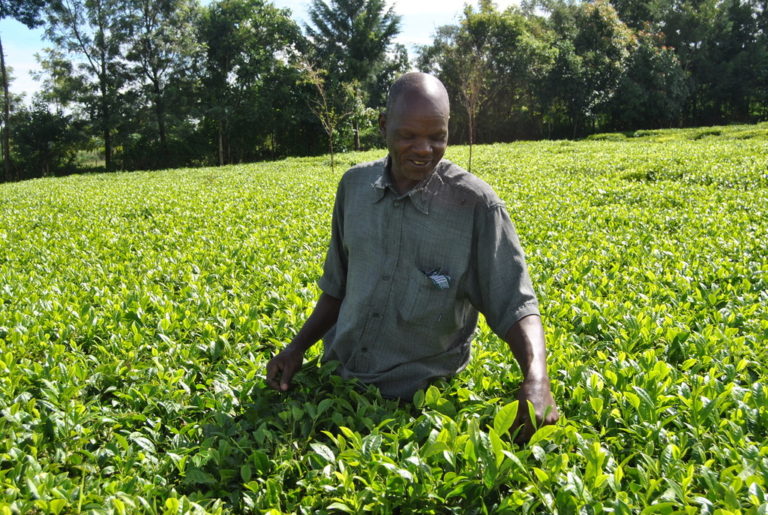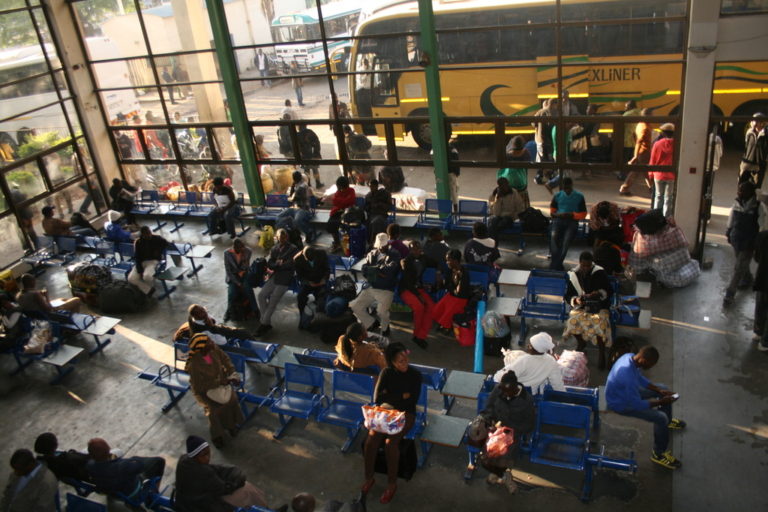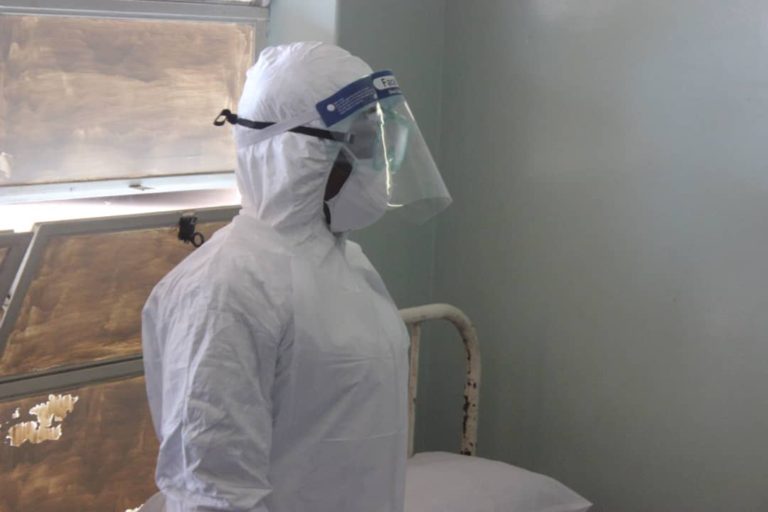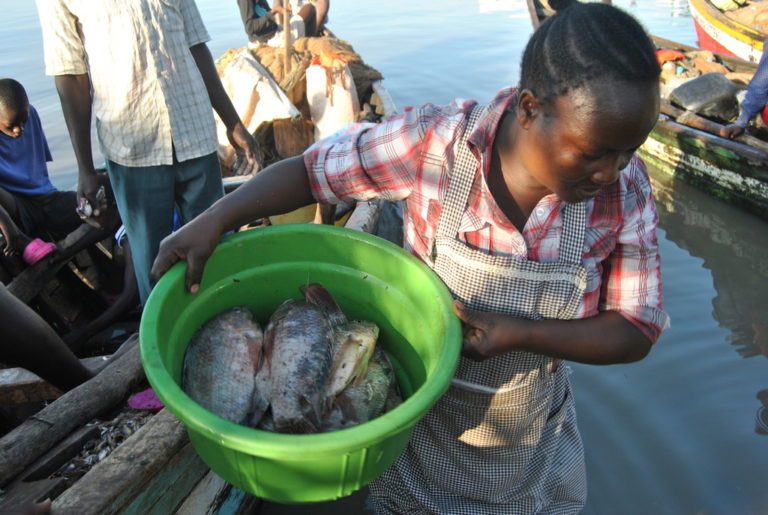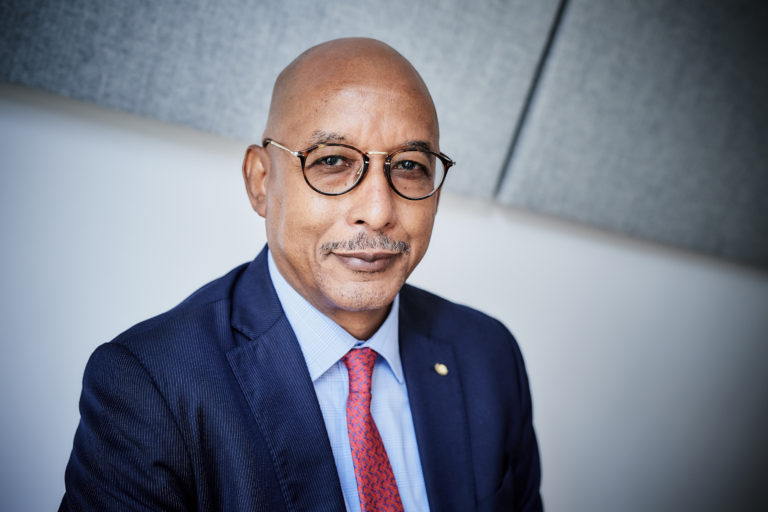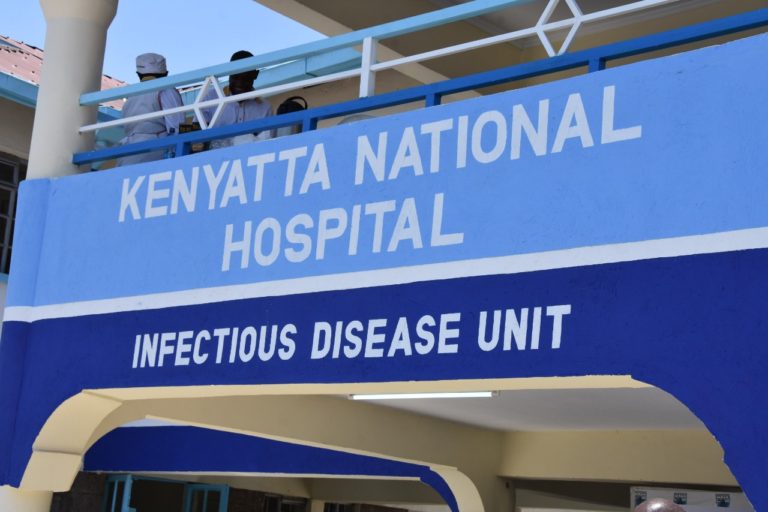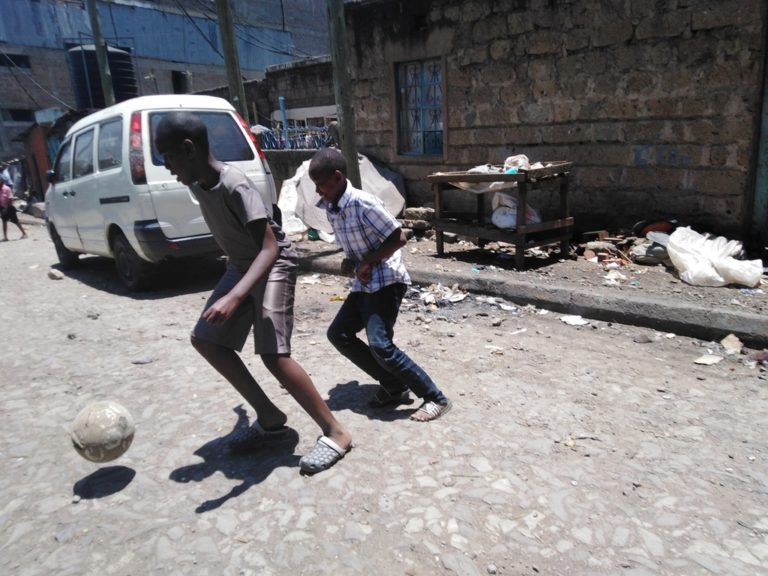Several government officials, including ministers, charged with the country’s Coronavirus response have been found wanting in their spending of COVID-19 funds, according to a recently leaked preliminary report by the Audit Bench of the Supreme Court of Cameroon. The mismanagement and misappropriation are connected to an FCFA 180 billion (USD 338 million) Coronavirus Response Special National Solidarity Fund instituted in 2020.
In the summary report, government auditors disclosed that besides lapses in procurement procedures, there was widespread overbilling in the purchase of personal protective equipment (PPEs). This cost the state to lose close to FCFA 1.3 billion (circa USD 2.4 million). Also, some 100,000 face masks and 1,000 PPEs, donated by Chinese business mogul Jack Ma, could not be traced in the store’s accounting records of the ministry of public health.
Auditors also fault officials of the ministry of public health for circa FCFA 14.5 billion lost in overbilling through a contract for the supply of rapid tests kits awarded to Mediline Medical Cameroon SA. The firm, which is said to have been registered in 2017 but has had no experience in medical supplies and an inactive empty bank account, was granted a quasi-monopoly – supplying 89.97 percent of the country’s COVID-19 test kits.
Mediline Medical Cameroon SA bagged home FCFA 24.5 billion for 1.4 million test kits, giving a unit price of FCFA 17,500 per kit. But auditors reveal that, by the time the contract was being awarded to Mediline Medical Cameroon SA, the same STANDARD Q COVID-19 AG TEST could have been purchased directly from pharmaceutical firm SD BIOSENSOR at FCFA 7,084 per kit as proposed by the producer. Despite the whopping FCFA 10,415 disparity, the ministry of public health, in the fourth quarter of 2020, continued to buy the COVID-19 test kits through Mediline at FCFA 17,500 per kit whereas it could get the same through The Global Fund to Fight AIDS, Tuberculosis and Malaria at FCFA 2,932 per kit.
Though the unit price of the SD BIOSENSOR-produced STANDARD Q COVID-19 AG TEST proposed by Mediline Medical Cameroon SA was far much higher than applicable market prices, the ministry of trade is said to have biasedly okayed the price.
The auditors also noted in their report that some 610,000 COVID-19 test kits could not be accounted for. But the invoice for their supply was sent by Moda Holdings Hong Kong to Mediline Medical Cameroon SA on behalf of the ministry of public health.
In addition, Mediline Medical Cameroon SA and Yao Pharm Sarl were both awarded two contracts worth FCFA 880 million in August 2020 to furnish 16 medicalized ambulances within 90 days. But as at December 31, 2020, none had been delivered.
Again, the Audit Bench of the Supreme Court indicates that FCFA 657 million was allocated to the Institute for Medical Research and Studies of Medicinal Plants (IMPM) to locally produce 5 million tablets of hydroxychloroquine and 5 million tablets of azithromycin. Instead, IMPM imported from India, 5 million tablets of hydroxychloroquine, 5 million tablets of azithromycin and 300kg of raw material for the production of azithromycin. The institute proceeded to repackage the drugs with the inscriptions: “Produced by Zaneka, Packaged by IMPM,” though the packages with which the drugs reached Cameroon met good packaging standards and quality. According to Cameroonian regulations, the competence to import drugs lies with the National Supply Centre for Essential Drugs and Consumables (CENAME).
IMPM had also used FCFA 70 million of its budget to rehabilitate its production facilities although the department of pharmacy, drugs and laboratory in the ministry of public health had advised that the institute was unable to carry out local production.
The auditors also observed opacity in the management of funds destined to take care of COVID-19 patients as well as irregularities and disparities in the allowances given to healthcare personnel. In addition to products and services which were paid for but not rendered, auditors noted wasteful expenditure without any appropriate budgets. Other cases which smack of embezzlement were also highlighted in the report.
Ndi Nancy Saiboh, Executive Director of Actions for Development and Empowerment (ADE); a civil society organization that has been pushing for government transparency and accountability, welcomed the move. According to Saiboh, it had become expedient for the government to block financial leakages and ensure that funds do not end up in personal pockets.
“Our experience with the tracking of COVID-19 funds has revealed a deeply rooted systemic profiteering culture, especially in an environment that lacks accountability and civic engagement, ” Saiboh said.
Leader of the opposition Social Democratic Front party in the Littoral Region, Hon. Jean Michel Nintcheu has called for the immediate resignation of Ministers Manaouda Malachie, Madeleine Tchuente and Paul Atanga Nji, who were the key officials fronting government’s response efforts.
The audit which was ordered by the president follows recommendations of the IMF. Countries receiving IMF financing during the crisis are expected to publish pandemic-related procurement contracts and the beneficial ownership of companies awarded these contracts, as well as COVID-19 spending reports and audit results. By October 2020, IMF had granted a total of USD 382 million to Cameroon under the Rapid Credit Facility.
Sarah Saadoun, senior business and human rights researcher at Human Rights Watch said: “The IMF should take seriously the opportunity a new multi-year loan program presents to press for deep-seated governance reforms that will improve Cameroon’s transparency and accountability during this pandemic and beyond.”

